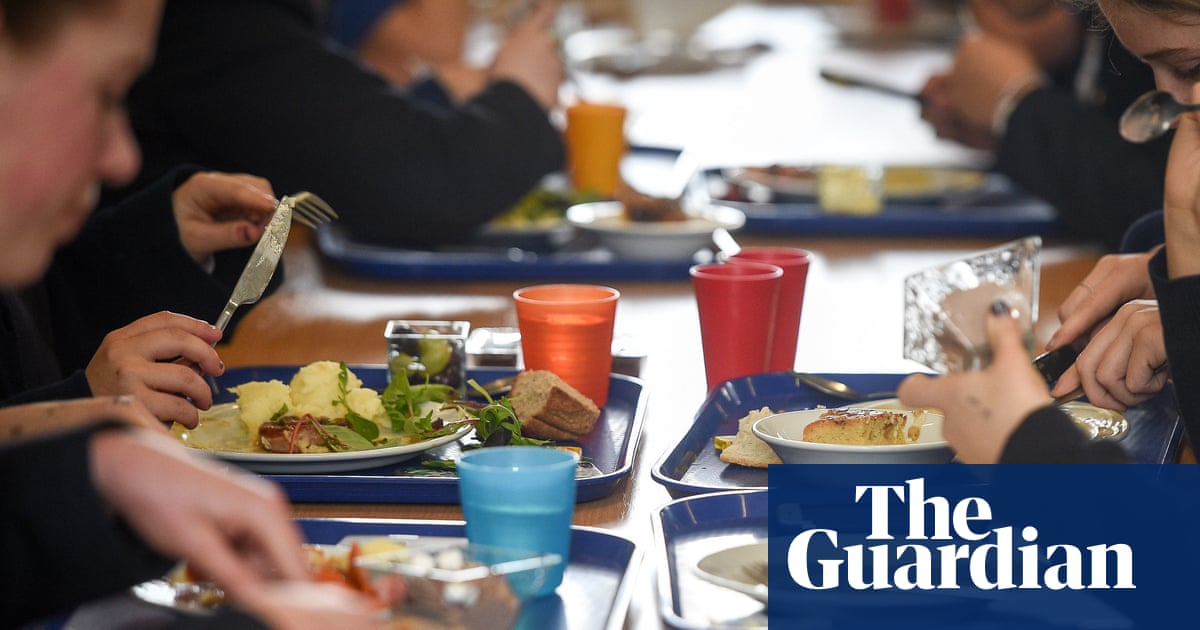
"Parents across England are facing higher prices for school lunches as the new school year begins, with caterers blaming the government's national insurance increase alongside rising food and energy costs. Lunch providers say increases in staffing costs, including employer national insurance contributions announced by the chancellor last year, have added significant extra pressure to their budgets. Food price inflation is also driving costs higher, pushing consumer prices above forecasts this summer. Prices for food and non-alcoholic drinks rose 4.9% in the year to July and are now 37% higher than five years ago, according to data from the Office for National Statistics."
"Letters sent to parents informing them of price rises acknowledged the strain on families but said changes were unavoidable if catering services were to remain viable. At Coleham primary in Shrewsbury, Shropshire, meals will rise by 10p a day to 2.60 from September 2025 because of rising operational costs. Bridge Hall primary in Stockport, Greater Manchester, said charges would rise by 8p to 2.73 a 3.1% increase in line with UK inflation."
"Fernhurst Junior in Portsmouth confirmed a new daily rate of 2.86, and West Vale Academy in Halifax 2.60. Kingskerswell Church of England primary school in Newton Abbott raised costs to 2.75, up by 30p. Ministers have promised to widen eligibility for free meals from 2026 but schools have said they cannot wait that long. About a quarter of pupils in Englandcurrently qualify for free school meals, but campaigners say the government's 2.61-a-meal funding is no longer sufficient, leaving schools to plug the gap."
Parents across England face higher school lunch prices as the new school year begins. Caterers attribute the rises to increased employer national insurance contributions, higher staffing costs, rising food prices, and increased energy costs. Food and non-alcoholic drink prices rose 4.9% in the year to July and are 37% higher than five years ago, according to Office for National Statistics data. Several primary schools have announced daily meal increases ranging from 8p to 30p. Ministers have pledged to widen free-meal eligibility from 2026, but schools say the current £2.61 per-meal funding is insufficient and cannot wait until then.
Read at www.theguardian.com
Unable to calculate read time
Collection
[
|
...
]